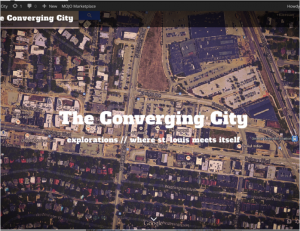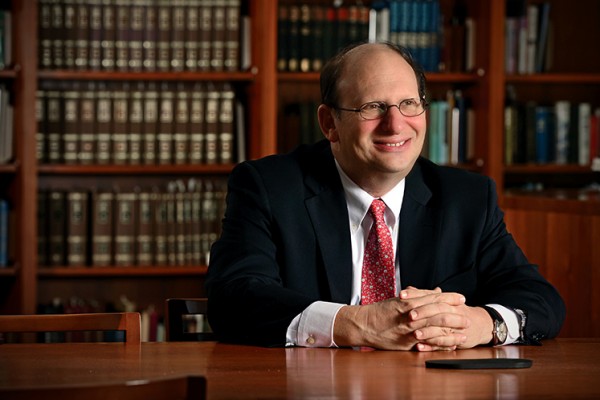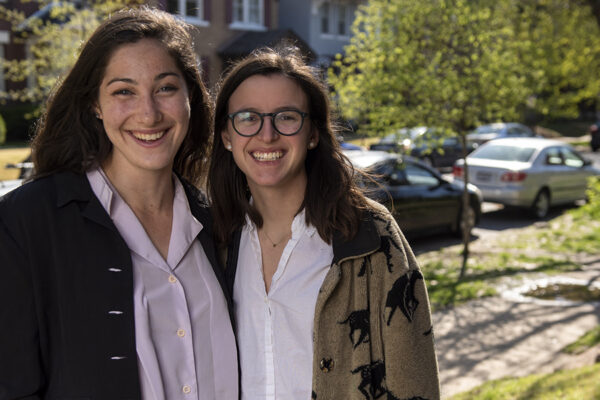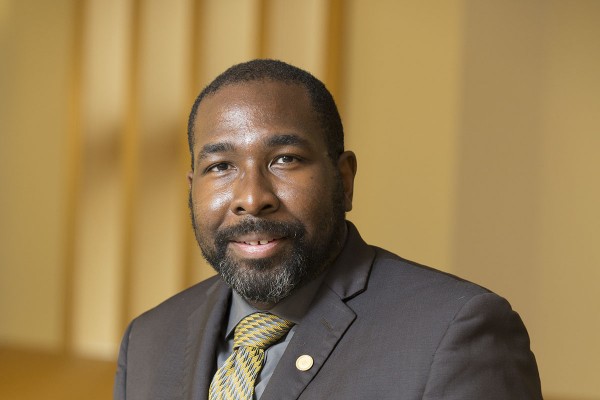In 2014, Washington University in St. Louis student Kierstan Carter had a great idea for her Civic Scholars project: connect high school students with community leaders to solve St. Louis’ intractable problems.
With more money, time and connections, it may have worked. But Carter, a senior in American Culture Studies in Arts & Sciences, had more vision than resources.
“I came in with these lofty goals, which just weren’t realistic,” said Carter, who encountered trouble from the beginning. “Just the most basic questions: How was I going to get the students? How was I going to pair them with community members? How was I going to facilitate the research component? It was not going to happen with the time and money I had.
“Once I realized that, I felt like a failure.”
Carter was stuck. She wanted to address the disparities that divide St. Louis but didn’t know what role to play.

Enter Jenni Harpring, assistant director for campus and community partnerships at the Gephardt Institute for Civic and Community Engagement. She recommended to Carter, a gifted writer and photographer, that she document her observations. Carter wondered what good it would do.
“I felt reading and writing were a stagnant way of engaging, and I wanted something more active,” Carter said. “I’m not saying that is true, but that’s how I saw it.”
But the logic behind Harpring’s idea was undeniable. Carter decided to lean into what came naturally and created the website, “The Converging City,” a collection of stories and photographs from every corner of the St. Louis metropolitan region.

“St. Louis, rightfully so, has gained a reputation for fragmentation,” Carter said. “National media looks at St. Louis as this horribly torn apart place where there is no chance for reconciliation. But I didn’t see that. My project was about the ways St. Louis is constantly in conversation with itself.”
In the end, Carter did not change the world. Her website doesn’t even exist anymore. But she did change herself.
“There’s a difference between, ‘I’m going to change the lives of these people,’ and ‘I am going to change the way I approach the rest of my life,’ ” Carter said.


